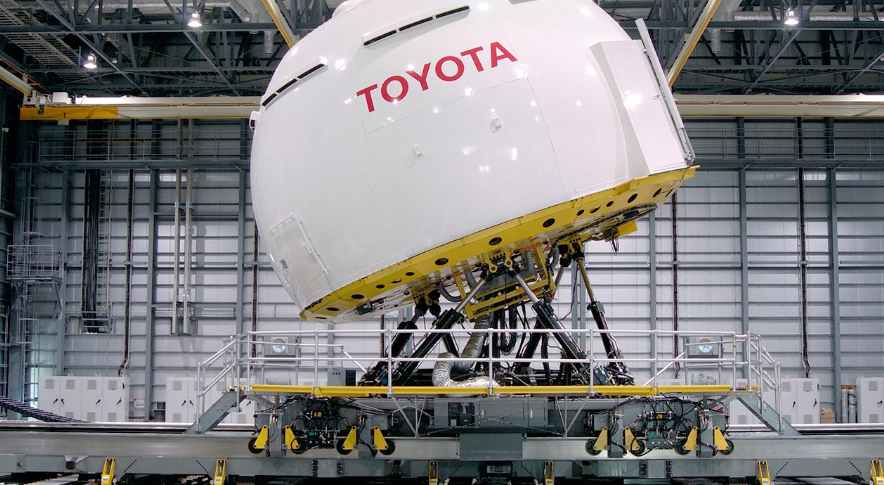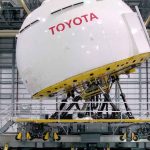Toyota to deploy advanced self driving capabilities (Level 4) in commercial vehicles first

Toyota Research Institute-Advanced Development, Inc. (TRI-AD) is planning to first deploy advanced self-driving capabilities in mobility service vehicles, before adding the same features into personal-use cars, Toyota announced Tuesday.
Level 4 autonomy offers a vehicle that is fully autonomous, but only in certain conditions. A level 4 can only handle certain speeds and certain terrain. The driver does not need to be fully in control during travel but must take over suddenly when the vehicle is no longer able to handle a situation.
Mobility-as-a-Service (MaaS) is a new concept that describes a shift away from personally-owned modes of transportation and towards mobility provided as a service. This is enabled by combining transportation services from public and private transportation providers through a unified gateway that creates and manages the trip, which users can pay for with a single account.
“Level 4 (driving capabilities) is really what we’re striving for to first appear in mobility as a service,” said the CEO of Toyota Research Institute-Advanced Development (TRI-
TRI-
The Japanese automaker said in May that they would invest $100 million in self-driving and robotics companies as part of its mission to “discover what’s next” for them. In October, the company said they would start testing self-driving electric cars in 2020. The new cars would use artificial intelligence (AI) to engage with drivers.
“By using AI technology, we want to expand and enhance the driving experience, making cars an object of affection again,” said general manager of Toyota’s EV business planning division, Makoto Okabe, at the time.
TRI-AD aims to create safe mobility by bridging Silicon Valley’s innovation with Japanese craftsmanship. At the same time, Toyota says the TRI-AD ‘will leverage our location in Nihonbashi to also become a bridge between people, technology and culture’.

